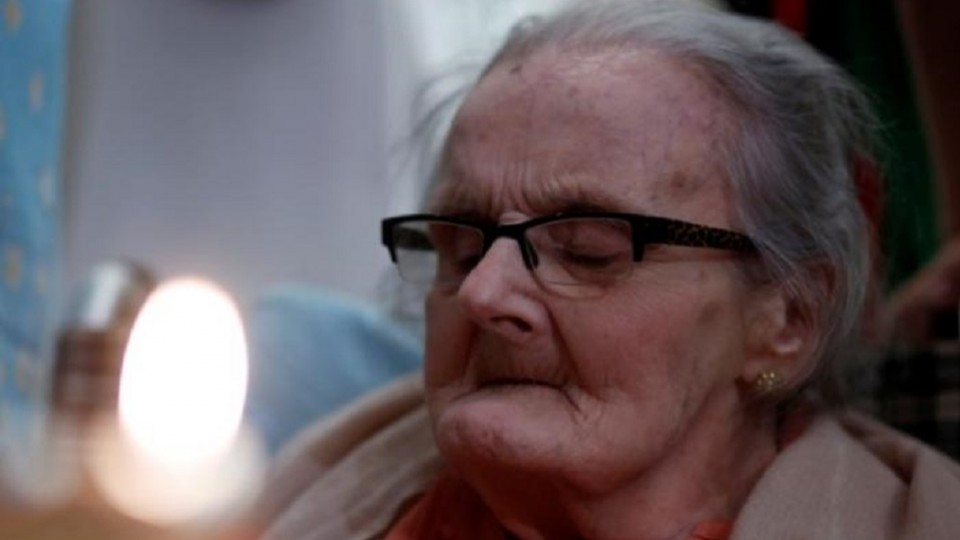London- On August 30, 2009, Daily Telegraph dedicated its issue to revive the 70th anniversary of the outbreak of the Second World War.
The prestigious print back then was honored by its writer Clare Hollingworth who revealed the beginning of the war in 1939.
“A sleek limousine crossed the border of Poland and Germany and sped along the autobahn between Beuthen and Gleiwitz,” the newspaper published.
Inside was a 26-year-old reporter on her first assignment for The Daily Telegraph, who was about to break the scoop of the century.
“I broke this story when I was very, very young,” she says.
“I went there to look after the refugees, the blind, the deaf and the dumb. While I was there, the war suddenly came into being,” she told The Telegraph.
Clare, who would never be forgotten by journalists and people in general for being the undisputed doyenne of war correspondents, died on Tuesday in Hong Kong at 105.
Western press hastened to cover her death news.
When searching in her archives and searching deeply in her books, it was noticed that the most prominent stations and writings of Clare were in the Middle East region.
Hollingworth spent most of her working years in Beirut and Cairo, moving among Arab countries and holding talks with Kings and Arab leaders.
She also travelled to Tehran and sat with the Shah and Princess Fawziah in an office filled with war books.
After making her first scoop, Hollingworth spent the rest of the four decades making other similar accomplishments by working as a reporter for the Daily Telegraph and The Guardian in the Middle East and the Far East regions.
She roamed the world equipped with little more than a toothbrush, a typewriter and, if need be, a revolver.
Embedded long before the term was applied to journalists, she slept in trucks and in trenches, at times buried up to her neck in sand for warmth on cold desert nights.
She covered World War II from Eastern Europe, the Balkans and North Africa; the Greek and Algerian civil wars; hostilities between Arabs and Jews in the waning days of the British mandate in Palestine; and the Vietnam War, among other conflicts.
In 1965, wanting to cover hostilities between India and Pakistan but discovering that reporters were barred from the front; she simply secured permission from an old acquaintance, Indira Gandhi, who was then India’s minister of information and broadcasting.
Hollingworth was also one of the first Western journalists to report regularly from China, opening The Telegraph’s Beijing bureau in 1973.
She obtained the first interview with Mohammed Reza Pahlavi after he became the shah of Iran in 1941, and what was very likely among the last, after he was deposed by Ayatollah Ruhollah Khomeini in 1979.
